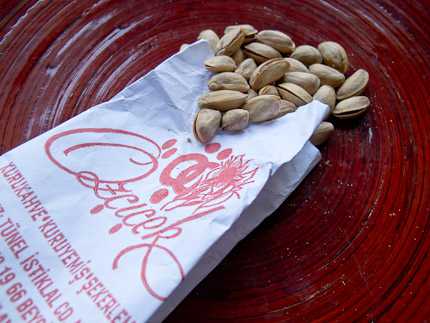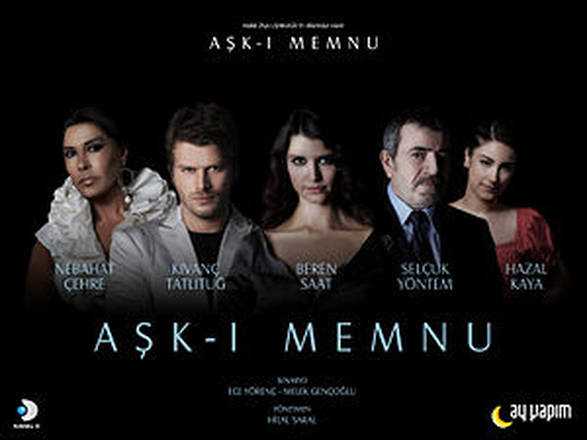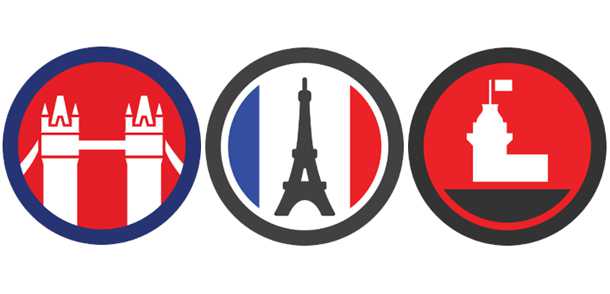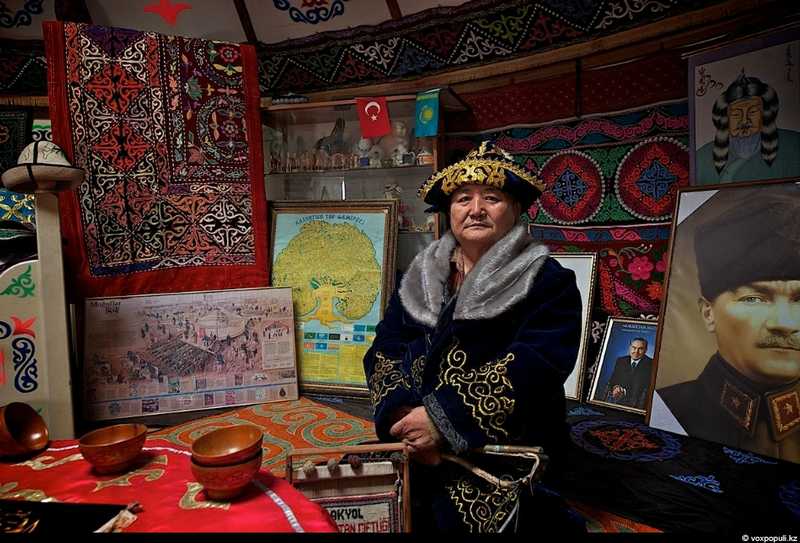Posted by Jenna Krajeski
This month marked the thirtieth annual Istanbul Book Fair, an eight-day marketplace for new books and publishers in Turkey. The guest country was Egypt (Turkey is setting a publishing example for its neighbor in transition) and the writers Alaa Al-Aswany and Youssef Zeidan were among those flown in to commemorate the hundredth anniversary of the birth of the Egyptian Nobel laureate Naguib Mahfouz. But attention was stolen when, five days into the fair, a Turkish book called “000Kitap” (“000Book”) made its début.
In March, “000Kitap” (then a manuscript called “The Imam’s Army”) landed its author, the journalist Ahmet Sik, in prison, along with his colleague Nedim Sener. Sik’s manuscript connected the powerful Gulenist movement—an expansive network of people linked by the teachings of Sufi theologian Fethullah Gulen—to the police, supporting the already widespread theory that Turkey’s security forces were corrupted by Gulenist influence.
In spite of the content, the ban and arrest were a surprise. In Turkey, books are banned post-publication. “Going into a Turkish bookstore is like walking into a psychiatric ward,” Gareth Jenkins, a British journalist, told me. And there exist books containing far more controversial political analysis than Sik’s. By most accounts, Sik’s manuscript said nothing very new; it compiled existing documents related to the subject for public consumption. But Sik was arrested; he claims it was because he criticized Gulen; “If you touch him, you will burn!” he shouted while being led to a police car. After the ban, the manuscript was posted on the Internet and downloaded over a hundred thousand times.
The most notable thing is not the fact of Sik’s arrest, but the context. The government lumped Sik’s case in with the massive Ergenekon trial, an eight-thousand-page indictment of hundreds of people with alleged ties to the Ergenekon group, the rumored Kemalist organization that planned to overthrow the Turkish government, first by pitching the country into chaos. By attaching Sik to the Ergenekon case, the authorities accused him of terrorist activities, citing the book as both a tool and evidence.
The details and validity of the Ergenekon case polarize Turkish society. It’s viewed by some as a victory of democracy over corruption and terrorism, and by others as an ever-widening net with which to imprison any and all opponents of the government. Where people will stand on the case is not easily predicted. Take the country’s journalists. Some, like Gareth Jenkins, maintain that Ergenekon is a tool of censorship and wrongful arrest. Others think that the case is a monument to an evolving Turkey coming to terms with its past. Some Turkish leftists and liberals I’ve spoken to explain the arrests of journalists and intellectuals under the Ergenekon umbrella one of three ways. The charges are right; they knew the risk; collateral damage. Orhan Cengiz, a human-rights lawyer who supports the indictment, described the Ergenekon trial in this manner: “This is the first time in Turkish history that prosecutors and police found themselves dealing with crimes that indicted the military. A certain kind of psychology starts to appear. We are dealing with this enormous, huge, mighty enemy.”
But Sik’s arrest struck a different chord, and the journalist and his book have become a symbol for many of government oppression, the precariousness of freedom of expression, and the mismanagement of the Ergenekon case. “000Kitap” was published with a hundred and twenty-five “co-signers,” and hundreds more protested in front of the court house during the first phase of Sik’s trial. The outpouring appears to signal a shift in public opinion, the last straw in a series of arrests of journalists (according to Bianet, there are seventy-one journalists in prison, sixteen in connection to the Ergenekon case). “If the Gulenists had said, ‘Oh, we’ve seen worse and let it be published, no one would have said anything,’ ” Jenkins told me. “Putting him in jail was the real mistake.” As Esra Arsan, a professor at Bilgi University where Sik worked before his arrest, said to me, “There is an absurdity to Ahmet’s arrest, and he’s become a symbol of the government’s willingness to stifle dissent. It’s a turning point.”
Kerem Altiparmak, a professor at Ankara University’s Human Rights Center, agreed. “The government wants Sik’s arrest to have a chilling effect on others who might do the same thing. The protest shows that this will not be tolerated.” Sik’s book has transcended the words on its pages to become a meeting point for those who are steadily becoming unenamored with the Ergenekon trial.
A written statement by the hundred and twenty-five cosigners accompanying the publication of the book reads, “Every writer, thinker and journalist who is or feels behind iron bars, paying the price for defending free speech has a mark in this book.” Ozgur Gurbus, a journalist specializing in energy and environmental issues, signed the book. “It’s not my area of expertise, but if I want to say something or write something, then nothing should be should be able to stop me.”
“Ahmet Sik portrayed as an Ergenekon member really isn’t a convincing case,” said Ozgur Mumcu, a journalist with the Radikal newspaper, another cosigner. Sik’s political views are so opposite of the charges against him—and, as a journalist he’s put those views on record for years—that his arrest is, as Arsan said, “absurd.” It’s this absurdity, and the hubris behind it, that might end up being an effective tool against censorship and wrongful arrest. But so far there’s been no attempt at damage control: Sik’s trial has been scheduled for December 26th, and until then he and Sener remain in jail. And not everyone is in agreement. Orhan Cengiz, the human rights lawyer, considers Sik to be innocent, but not because what he was reporting was true, because “he might have been manipulated by Ergenekon people to write this book.”
Sik’s arrest exposes a flaw in the government’s “chilling effect,” partly because he also represents a new kind of foe. In a debate characterized by the rigidness of contradictory opinions, Sik is atypical. His opinion on Ergenekon changed as he researched, signaling perhaps that government pressure can no longer be used as a way to petrify opinions, that cool analysis of evidence could tip the scales of the debate. By first banning his book and then trying to silence Sik in jail, the government seemed to want to put a stop to his changing opinion, but in the process they’ve changed the public’s.
Photograph of Ahmet Sik by Ertan Onsel.
Read more https://www.newyorker.com/books/page-turner/000kitap-the-book-that-is-scandalizing-istanbul#ixzz1g3dxcC7E




